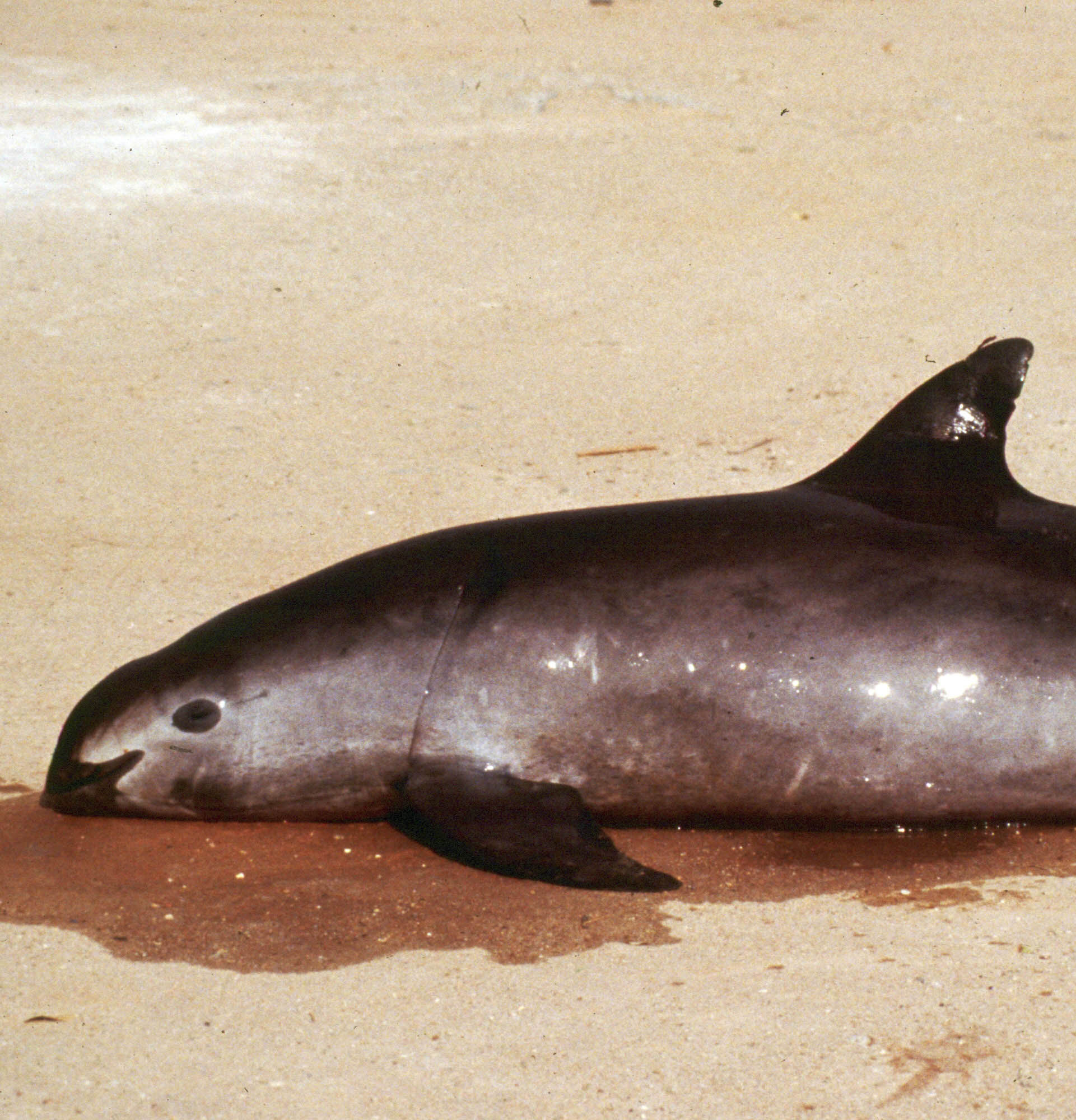
Mexico to use drones to protect endangered porpoise
Mexico has begun testing unmanned drones that could help it save the critically endangered vaquita marina, the world’s smallest porpoise, which is threatened by illegal fishing in the upper Sea of Cortez. Alejandro del Mazo, an assistant prosecutor with Mexico’s environmental protection agency, said he hopes to have three drones patrolling the vaquita’s habitat in coming months. The sea, also known as the Gulf of California, is the only place vaquitas are found.
We are considering the use of advanced technology, because drones would allow us to have permanent aerial patrols in the area and be able to react much more efficiently and quickly.
Alejandro del Mazo, an assistant prosecutor with Mexico’s environmental protection agency
Fewer than 100 of the shy, elusive porpoises remain. The vaquita is threatened by illegal gillnet fishing for totoaba, a large fish whose swim bladder is prized by chefs in China. Nets used by fishermen can trap the tiny porpoises, commonly about 1.5 metres long. Del Mazo said Mexican authorities last year arrested 17 people for trafficking in totoaba bladders. Luis Fueyo, the head of Mexico’s national protected areas, said Mexico also is increasing cooperation with U.S. authorities, given that dried totoaba bladders often are clandestinely shipped through California and then to China.

Technology mexico drones